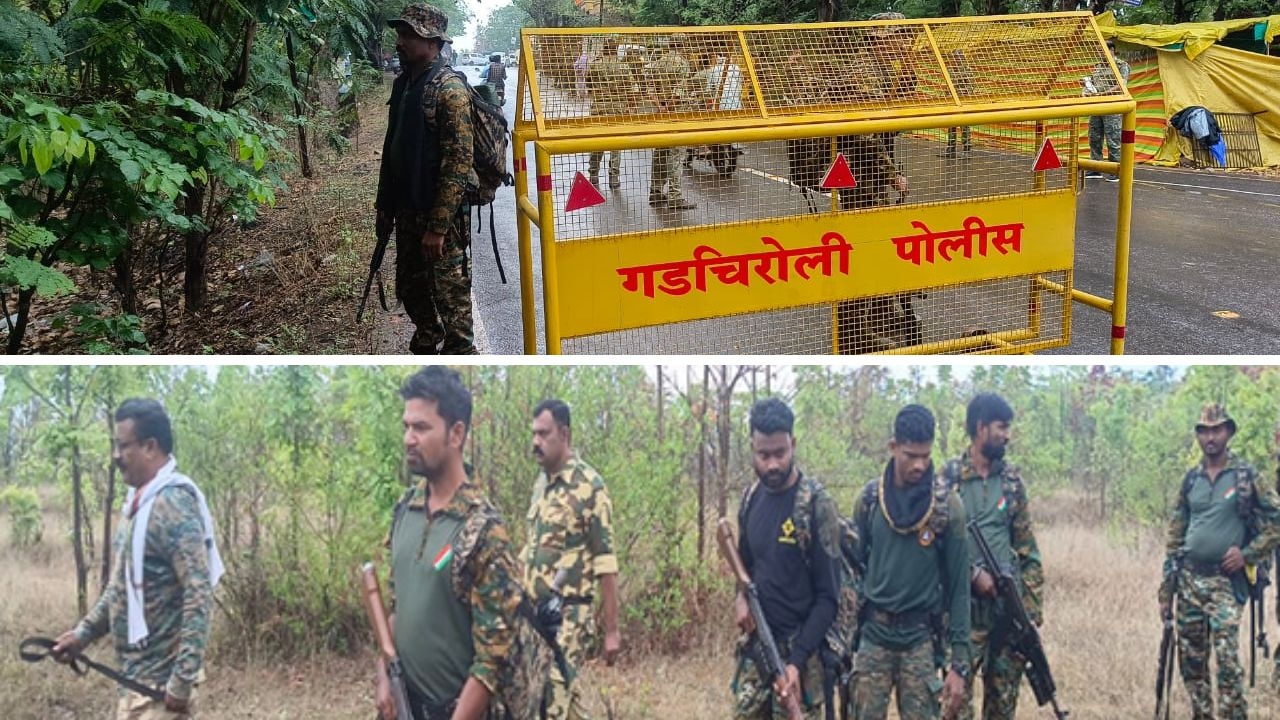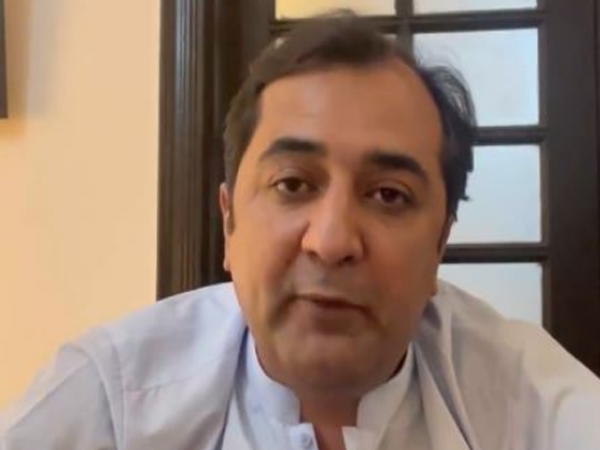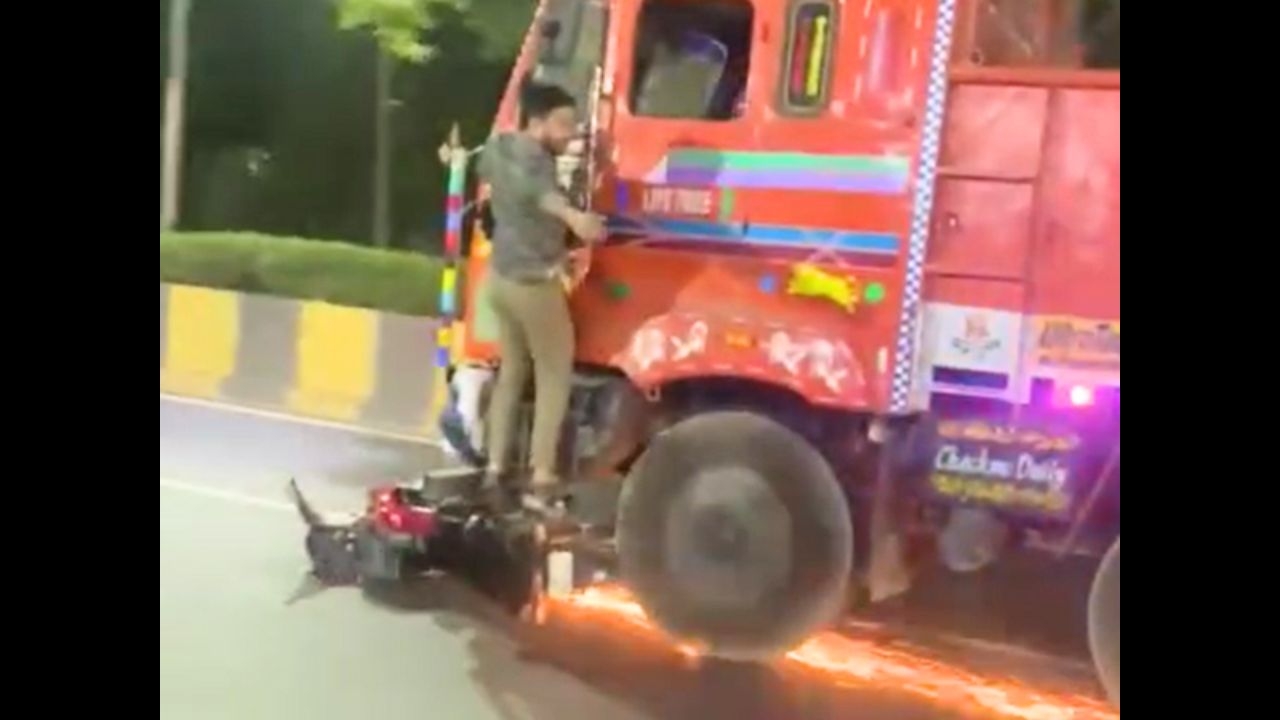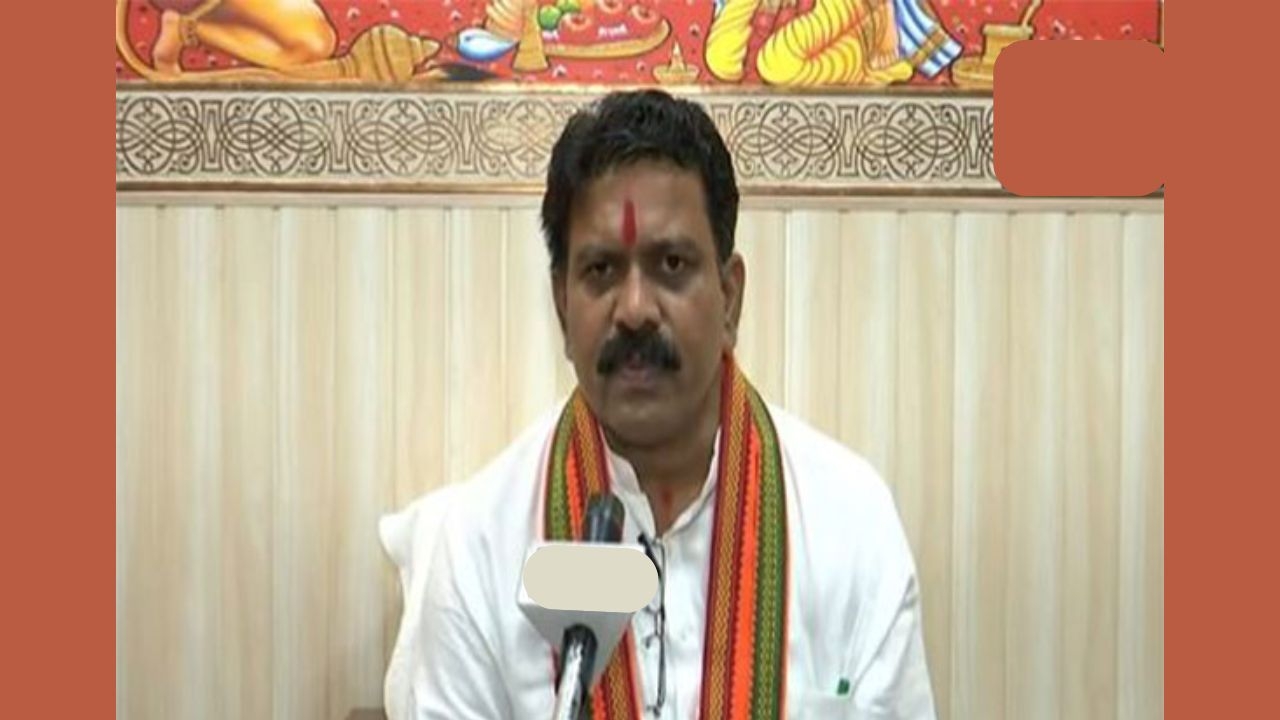Yeddy's acquittal in bribery case: how it will shape Karnataka BJP's future
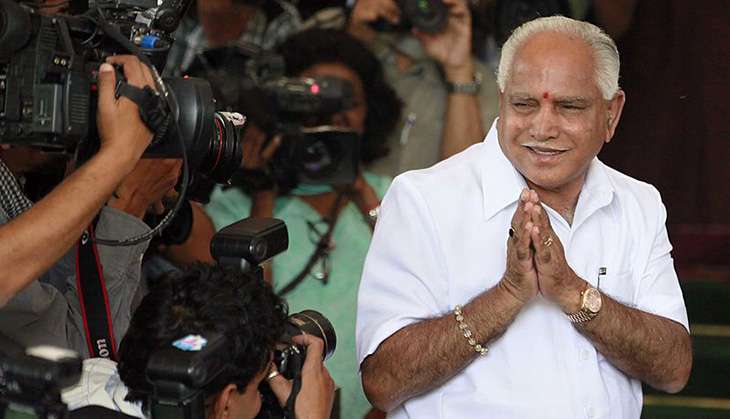
The acquittal of former Karnataka Chief Minister BS Yeddyurappa and his family members in the Rs 40 crore bribery case by a special CBI court in Bengaluru has come as a major relief to him. But, politically, it is unlikely to change his status within the Bharatiya Janata Party at the moment.
After the verdict in this extremely dicey case, which, at one point of time, threatened to finish his political career, Yeddyurappa tweeted: "Satyameva Jayate. Justice is done. I stand vindicated."
It was, of course, truth and justice as he saw it.
The relief was not only for Yeddyurappa, but also his two sons, BV Raghavendra and BV Vijayendra, son-in-law Sohan Kumar, and a host of senior officials of JSW Steel, who were co-accused, but were all acquitted.
Yeddyurappa was reinstated by the BJP as state president last April to lead the party to the polls in 2018. He's expected to play the 'victim' card to garner votes, just as he had used the 'betrayal' card to win the 2008 Assembly elections.
The BJP wouldn't mind that, as long as it generates some sympathy for him and translates into votes. But Yeddyurappa himself would be conscious of the fact that the dynamics within the party have changed drastically since 2013, and that he is no longer considered the 'undisputed' leader within the state BJP.
Rift and reconciliation
The BJP is a party with an elephantine memory. Yeddyurappa had left it just before the 2013 elections and formed the Karnataka Janata Party (KJP), vowing to 'destroy' the BJP's prospects in the polls. Though his own party suffered humiliation, winning only five seats, he managed to achieve his goal of 'teaching BJP a lesson' by garnering 10% of the votes, and indirectly helping the Congress to return to power.
In a rare cases of early reconciliation, Yeddyurappa returned to the BJP in time for the 2014 Lok Sabha elections. He helped the party to consolidate the Narendra Modi wave to win 18 of the 28 seats in the states. Whether the Lingayats, the influential community Yeddyurappa belongs to, rallied behind him is a matter of conjecture, but the election outcome certainly helped him to restore his credibility within the BJP ranks.
Yeddyurappa's return, when the past animosities had not yet dissipated, caused much consternation in the party. There is no denying the fact that most senior leaders, including Ananth Kumar, Jagadish Shettar, Sadananda Gowda, KS Eshwarappa and R Ashok, continue to be hostile to him.
Yeddyurappa and his son Raghavendra have been elected to the Lok Sabha, but he has made no secret of his desire to remain in state politics. For almost two years, the party paid no heed to his supporters' demand to reinstate him as state president till Prahlad Joshi, a low-profile MP who had replaced Yeddyurappa, completed his term.
Before his elevation as president, the BJP had to take two vital aspects into consideration. Apart from a lack of reconciliation over his leadership, there was also the problem of the legal issues he faced. There were a number of court cases pending against him, and a possible adverse decision in any one of them could leave the party red-faced.
In March this year, however, the Karnataka High Court quashed about 15 cases against him, relating to denotification of land. As there seemed to be no better alternative to Yeddyurappa, the Modi-Amit Shah duo lost no time in handing back the reins to him, taking all his detractors by surprise.
Dictatorial regime
A buoyed Yeddyurappa went about appointing office-bearers, mostly from his own camp and those who had followed him to the KJP. He declared that his mission was to bring the BJP back to power, winning at least 150 seats.
Soon, complaints poured in about Yeddyurappa's 'dictatorial style of functioning', as he started taking unilateral decisions. All hell broke loose when he formed the core committee with 24 members, ignoring even some senior leaders, when the norm in the party across the country was to have only 13 members.
The central leadership stepped in to douse the fire. It disbanded the core committee announced by Yeddyurappa, and nominated a new one with the senior-most leaders. It was a strong message to Yeddyurappa - that he had to take everyone along and would not be allowed to function like a monarch.
KS Eshwarappa, Yeddyurapa's bête noire from his home town of Shivamogga, has raised a banner of revolt by independently organising the OBCs under the banner of the Sangolli Rayanna brigade. He has held two impressive rallies so far, much to the annoyance of Yeddyurappa, but the party has indirectly backed Eshwarappa.
A senior BJP leader said: "Yeddyurappa is not bigger than the party. Last time, we made the mistake of treating him as the supreme leader and we had to pay a heavy price. We have learnt our lessons from the last election, and though he has been brought back as state president, he will not be allowed to wreck the party again."
Capitalising on Siddaramaiah's mistakes
At the heart of the BJP's revival campaign is an attempt to cash in on the mistakes being made by the Congress government, led by Siddaramaiah, and position itself as a better alternative in the 2018 Assembly polls.
Siddaramaiah's government is mired in controversies over the mishandling of the Cauvery issue with neighbouring Tamil Nadu, the rising suicides among farmers and the deteriorating law-and-order situation.
In Bengaluru city, while increasing levels of pollution, garbage and traffic bottlenecks continue to rile the citizens, the government's adamant stand on going ahead with a monstrous 'steel flyover' despite strong protests, has made the people seethe with anger. The Rs 2,400 crore project, whose cost is likely to jump by another Rs 500 crore and result in the felling of over 800 fully-grown trees, is being seen as a 'fund-raiser' for the Congress party to fight elections in Uttar Pradesh and Punjab, and not in the interests of the city.
The BJP is expected harness the dissatisfaction among the people, and the Chief Minister is offering it another issue on a platter by deciding to celebrate Tipu Sultan's birth anniversary on 10 November, despite the fact that a similar celebration last year ended up in protests and violence, and made the headlines for all the wrong reasons.
Edited by Shreyas Sharma
More in Catch
Cauvery water: SC gives Karnataka a way out, avoids constitutional crisis
Chilling: how Siddaramaiah slept while drought ravaged Karnataka
Debating Tipu's legacy: is the Karnataka govt honouring a bigot?
First published: 28 October 2016, 9:00 IST
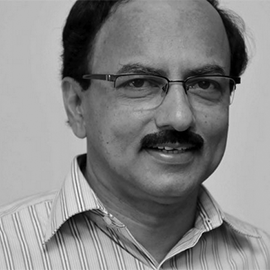

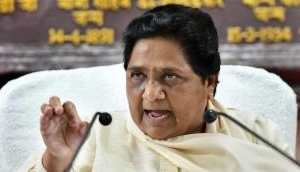
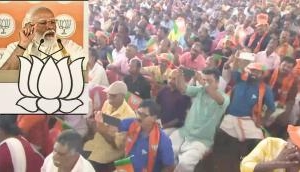
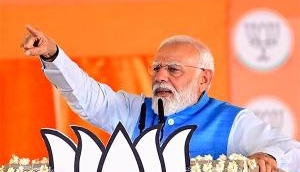
_251267_300x172.jpg)
![BJP's Kapil Mishra recreates Shankar Mahadevan’s ‘Breathless’ song to highlight Delhi pollution [WATCH] BJP's Kapil Mishra recreates Shankar Mahadevan’s ‘Breathless’ song to highlight Delhi pollution [WATCH]](http://images.catchnews.com/upload/2022/11/03/kapil-mishra_240884_300x172.png)

![Anupam Kher shares pictures of his toned body on 67th birthday [MUST SEE] Anupam Kher shares pictures of his toned body on 67th birthday [MUST SEE]](http://images.catchnews.com/upload/2022/03/07/Anupam_kher_231145_300x172.jpg)


